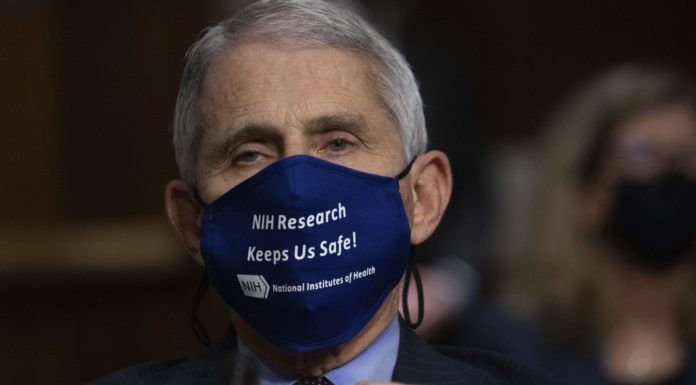(The Center Square) Congress’ recent $1.7 trillion omnibus spending bill increased the budget for medical research funding at the National Institutes of Health to nearly $50 billion in 2023 alone. A closer look at the agency reveals that NIH is increasingly spending its time, and funds, on equity and LGBT issues as well as “systemic racism and inequities.”
The National Institutes of Health has devoted millions of taxpayer dollars toward these kinds of issues for their research, taxpayer money that did not go to the federal health agency’s primary research goal of finding cures and medical treatments.
“The fact that NIH is doing this is very worrisome,” said Mike Gonzalez, an expert on racial issues at the Heritage Foundation. “This is actually a danger now, the fact that it is entering medicine because these are life and death issues, and if we are going to be making these decisions based on these hocus pocus ideas of [Diversity, Equity, and Inclusion] in order to satisfy some virtue signaling that our government seems to be at this point completely suffused with, we are going to start putting people’s lives in danger.”
The latest omnibus increased NIH’s 2023 budget by about $2.5 billion, or 5.6%, totaling $47.5 billion. NIH’s budget 10 years ago was less than $30 billion.
This kind of focus comes in part because the National Institute on Minority Health and Health Disparities was upgraded from a center to an institute during the Obama administration. Racial disparities do exist in certain health conditions, but the research grants awarded by NIH go beyond those standard health conditions.
In 2020, the agency created a new category for research alongside its list of illnesses called “social determinants of health,” one of several funding vehicles for these kinds of grants.
For example, NIH funded a $1.2 million grant to find evidence that racism is to blame for poor sleep in minority communities. The studies are based on the hypothesis that the disparity in sleep health in the Black community is “thought to be explained partially by experiences of interpersonal racial discrimination.”
“The central hypothesis is that police use of deadly force on unarmed black Americans leads to unhealthy sleep among other black Americans in the general U.S. population,” the grant summary in the NIH database reads.
That kind of research has continued, including a 2023 grant awarding $614,775 to study an “HIV prevention intervention into a widely-used geosocial app for Chinese [men who have sex with men].” The funds would be used to prevent the spread of HIV in China via outreach through a romantic hookup app “to help individuals understand when they should be using certain prevention services, and to make accessing services less burdensome.”
These are just a few of many more examples.
“We all have a responsibility to correct systemic racism and inequities,” NIH says on its website.



